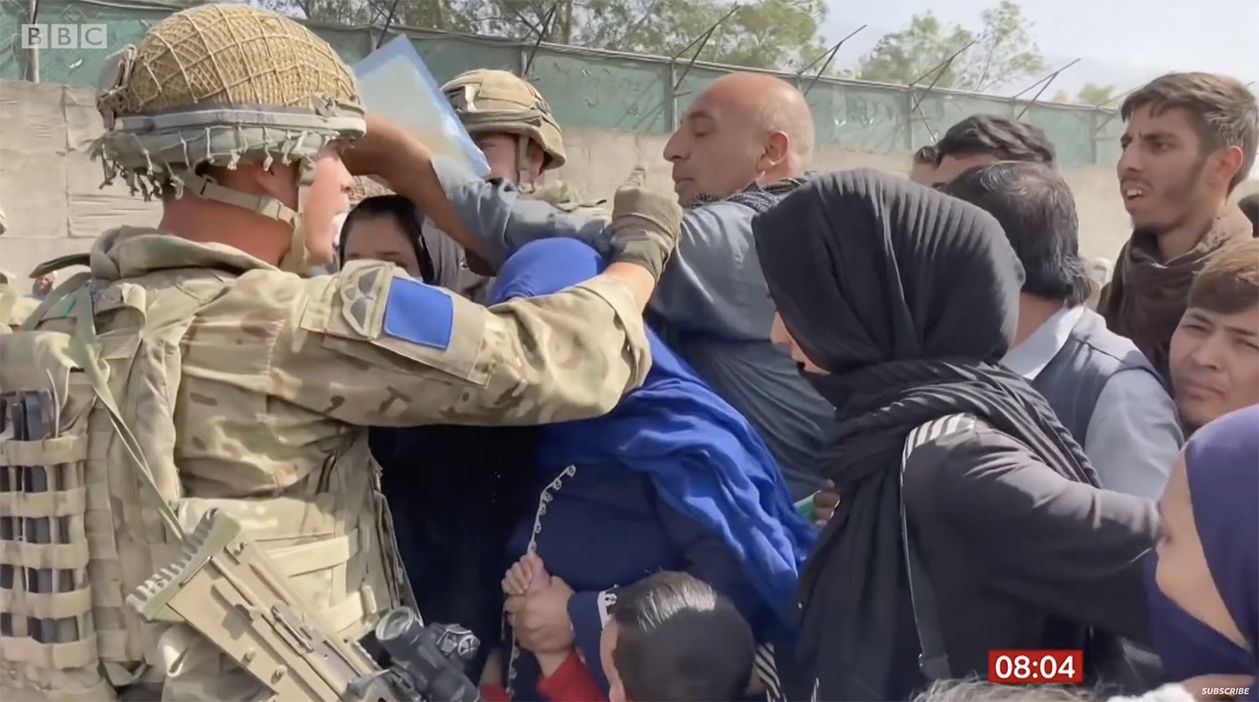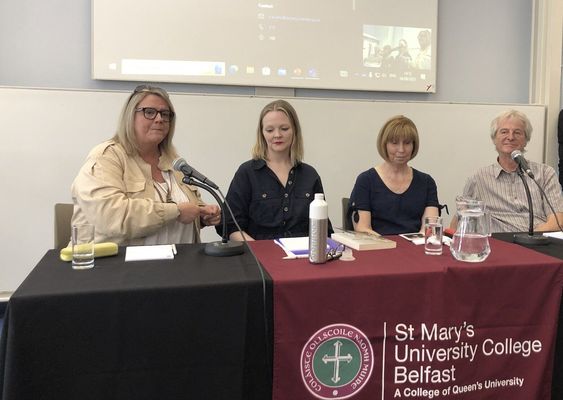MANY of us have been shocked at the scenes unfolding from Afghanistan. I have felt helpless as I’ve watched and read of lives under threat, women’s education/rights being withheld, babies and young children being handed over barbed wire fences by their parents in hope of a better future.
Such heart-breaking scenes are a stark reminder that we are living during a time of unprecedented disparity between the rich and the poor, the housed and the unhoused, the privileged and the unprivileged, the safe and the unsafe. It is easy to switch off the news, shrug our shoulders and think ‘This is not our problem.’
A few weeks ago, I was stunned at some of the negative reactions regarding the refugees who were temporarily placed in Carrickfergus. This caused me to ask some hard questions such as:
Where is compassion?
Have we really grasped what it means to love our neighbours? What is it that causes some to say ‘We must look after our own first,’ while others offer to help?
The first thing I would want to say is that compassion, generosity and hospitality are not virtues to be forced. We cannot guilt people into helping others. They are stimulated by love and a sense of recognising our own humanity. In Acts 2:42-47, we read about the early Christians who shared everything they had. They had captured the essence of true community. In other words, a spirit of togetherness that caused them to look after each other. They didn’t want anyone to be in need and so they desired to truly example what it means to live as brothers and sisters. I believe they were driven by a love ethic to love their neighbour as themselves.
The second thing I would want to highlight is that the challenge for the Church today, is not to try and get people to ‘come to church,’ but rather, to go to where people are; we are to go and find the hurting, the homeless, the hopeless, the poor and the stranger. I have been overwhelmed by the number of people who have contacted me asking how they can help Afghan refugees. I truly believe there are many people who want to help make a difference. Why? Because the majority of us know the joy of sharing and reaching out to our neighbours, no matter how small our input.
Let’s remember that every Afghan is a human being just like you and I, made in the image of God. Think about these words: ‘When a stranger resides with you in your land, you shall not oppress the stranger. The stranger who resides with you shall be to you as the citizen, among you; you shall love the stranger as yourself.” (Lev 19v33-34.) The challenge is to figure out what it means to love the stranger as much as we love ourselves, our family, our people and our own communities.
In the New Testament, Jesus reminds us that when we welcome the stranger we welcome him.








